Custom Precision Die Casting Services
Precision in Every Cast: From Aluminum to Zinc and Beyond - Your Ideal Die Casting Services
- Powerful Processing with Large Equipment
- Comprehensive Precision Die Casting Solutions
- Strong Problem-Solving Capabilities
One-stop service for metal die casting parts
Your one-stop destination for precision metal die casting parts, ensuring quality from start to finish.

Patented mold design
21 Years of Industry Expertise
Patented Innovations in Mold Design
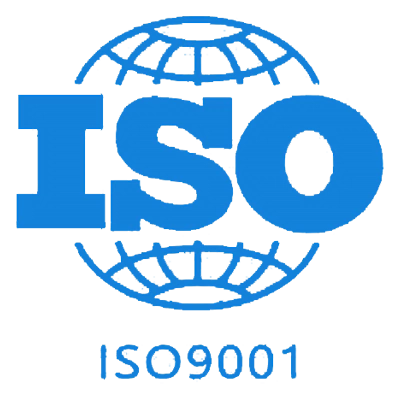
ISO-Certified
Facility
Recipient of ISO 9001 International Quality Management System Certification

Post-processing of
Products
From Mold Design to Product Surface Treatment: One-Stop Production Manufacturer

Honored Customer Testimonials
Testimonials from Over 100 Niche Industry Clients,
Experience with Over 1,000 Customized Products

Quality & Delivery Guaranteed
Monthly Production of 2 Million Pieces,
Quality and Quantity Assured Without Delays
Custom Die-Casting Cases
Here is the typical working order to expect when you hire us for our die casting services:
-
Automotive Industry
1. Engine components (e.g., cylinder heads, pistons)
2. Transmission parts Structural components (e.g., chassis parts)
3. Wheel spacers Automotive housings (e.g., for alternators, starters)
4. Heat sinks for LED headlights -
Consumer Electronics
1. Enclosures for smartphones and laptops
2. Frames for tablets and other devices
3. Heat sinks for electronic components
4. Connectors and interface ports -
Industrial Machinery
1. Gear housings
2. Pump parts and housings
3. Valve bodies -
Medical Equipment
1. Surgical instrument components
2. Enclosures for imaging devices (e.g., X-ray, MRI machines)
3. Dental equipment parts -
Aerospace
1. Aircraft seat frames
2. Engine components
3. Instrument housings
4. Communication device casings
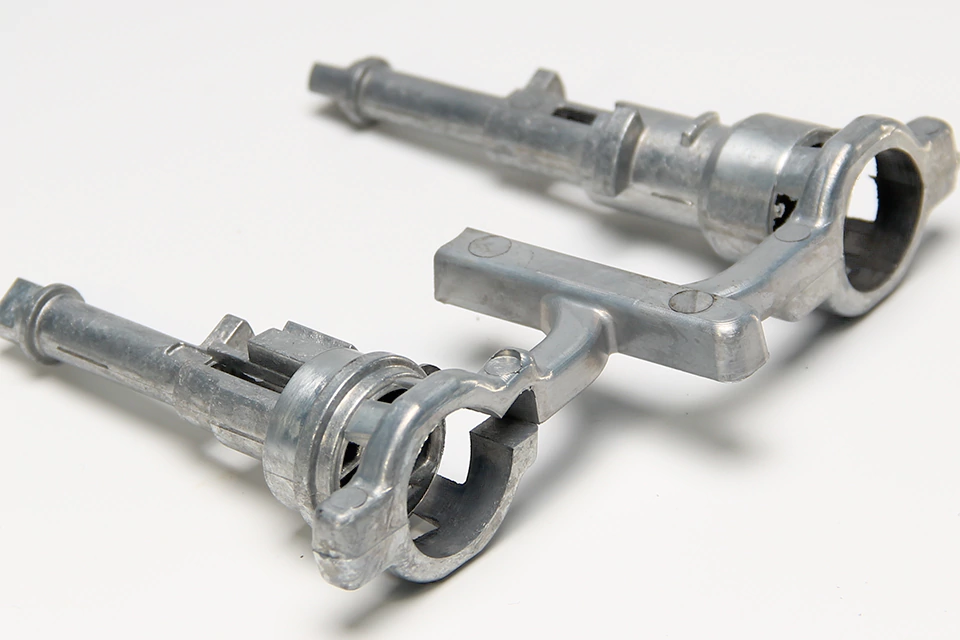
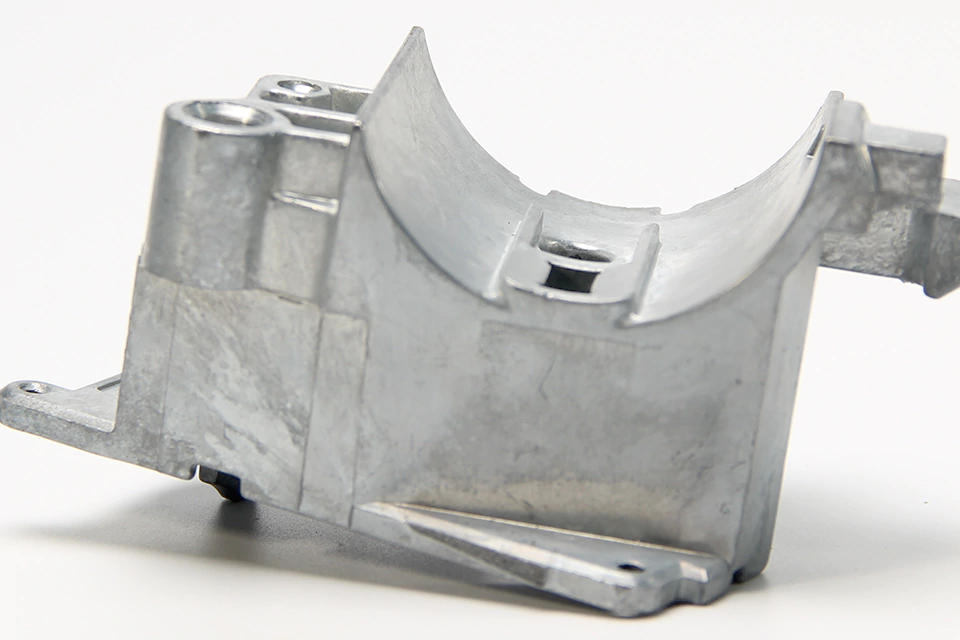
When choosing a die casting supplier, six major issues can be quite troublesome
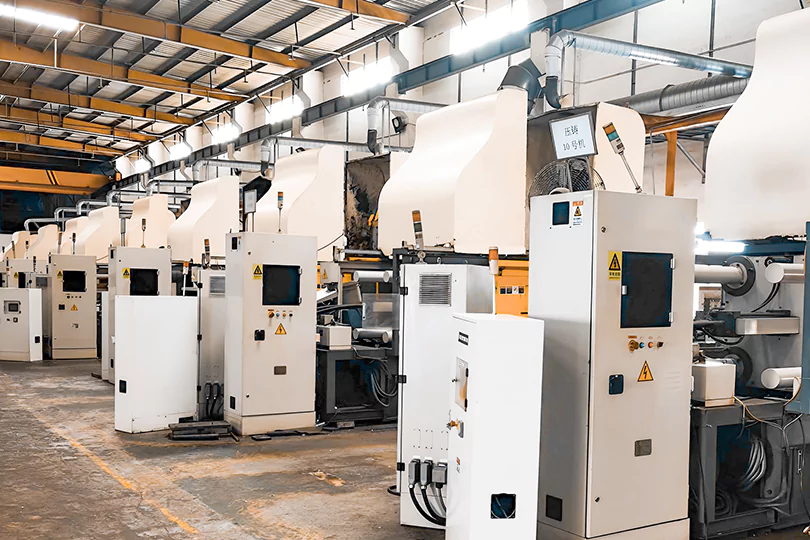
Not sure about
the capabilities?
If the capabilities are too limited, it will inevitably affect the collaboration ability during the die casting service process.
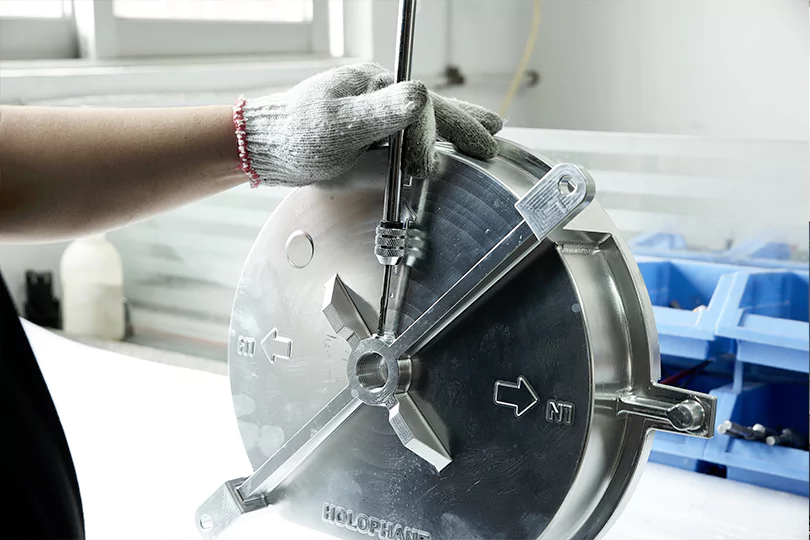
Uncertain about
the quality control?
If quality control is subpar, it will inevitably affect the quality of the die casting products.
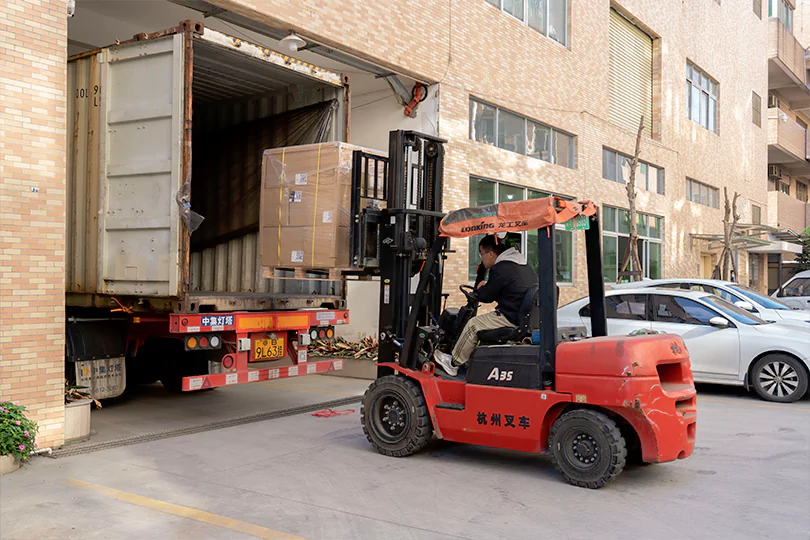
Unsure if
the delivery will be on time?
If the production is delayed, timely delivery cannot be guaranteed.
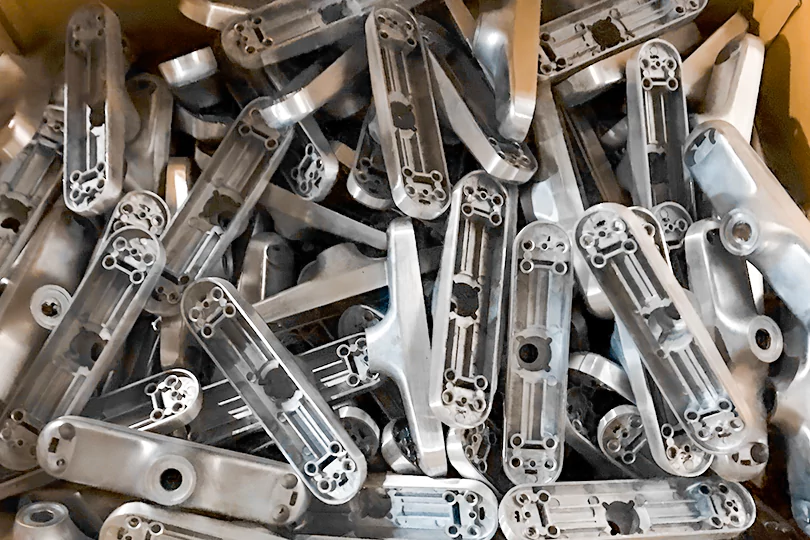
Unsure about
mass production capabilities?
If mass production capabilities are insufficient, it will inevitably affect the supply schedule.

Unfamiliar with
the reasonableness of the price?
If the price is too high, it will inevitably lead to higher component costs.

Uncertain about
the service attitude?
If the service is poor, post-sales issues are hard to resolve.
Advantages of Prototool's Die Casting Services
By understanding the six major advantages of the renowned die casting supplier, Prototool, you'll find that all the six concerns mentioned above can be completely addressed.
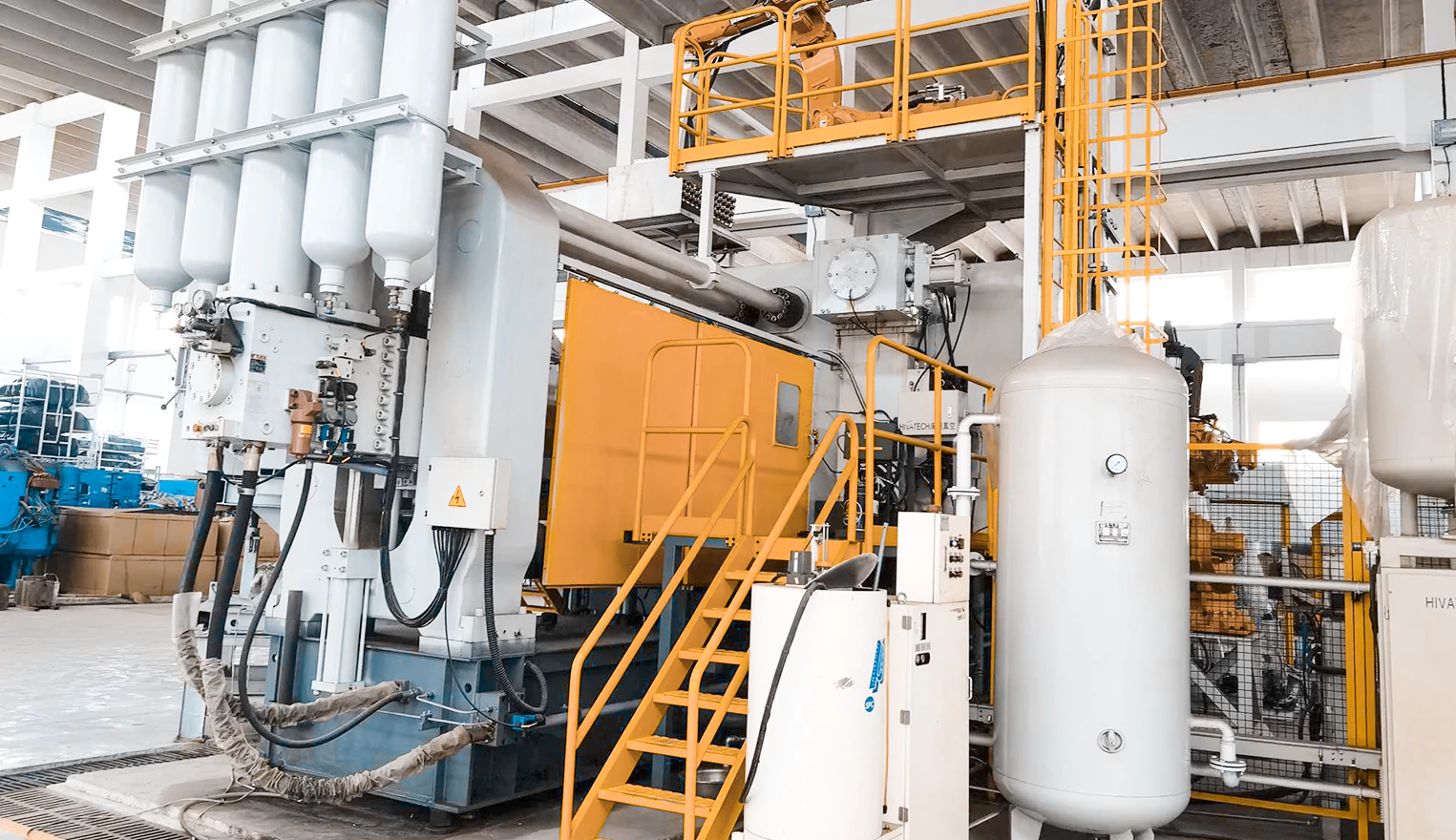
Advanced die casting equipment
Our advanced die casting equipment ensures precision and efficiency, utilizing the latest technology for consistent high-quality results across all projects.
Expertise &
Experience
With decades in the die-casting industry, our seasoned team combines deep expertise with hands-on experience. We’ve mastered the nuances of the craft, ensuring each project meets the highest standards. Clients can rely on our industry veterans for unparalleled guidance and results.
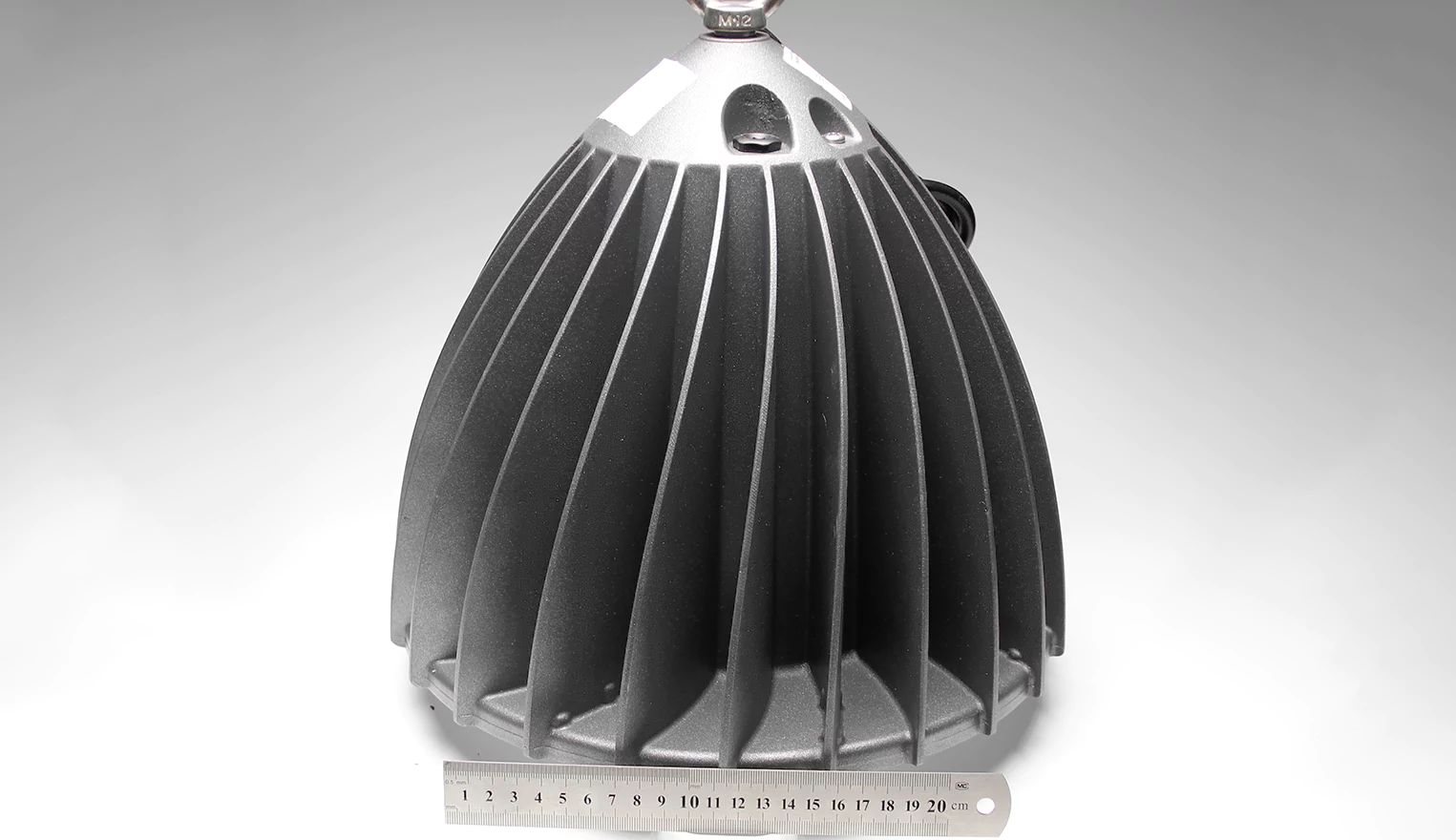
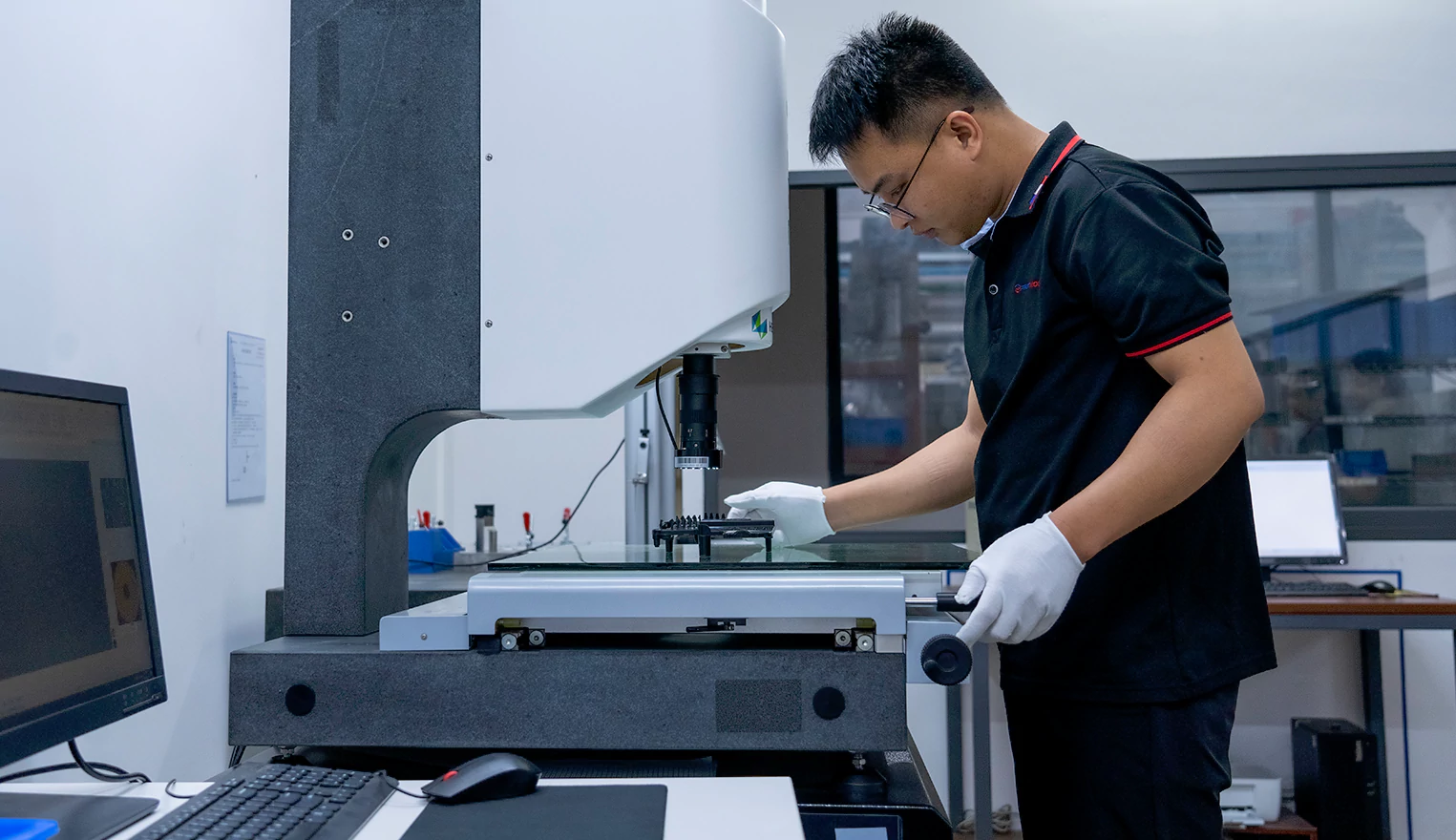
Quality
Assurance
Our unwavering commitment to quality is evident in every product. Each piece undergoes stringent quality checks, ensuring it meets top industry standards. From die casting material selection to final inspection, our dedication ensures unparalleled excellence in every die-cast component.
Client-Centric
Approach
At the heart of our die casting service is a client-first philosophy. We tailor our processes to each client’s unique needs, ensuring open communication and results that align with their vision.
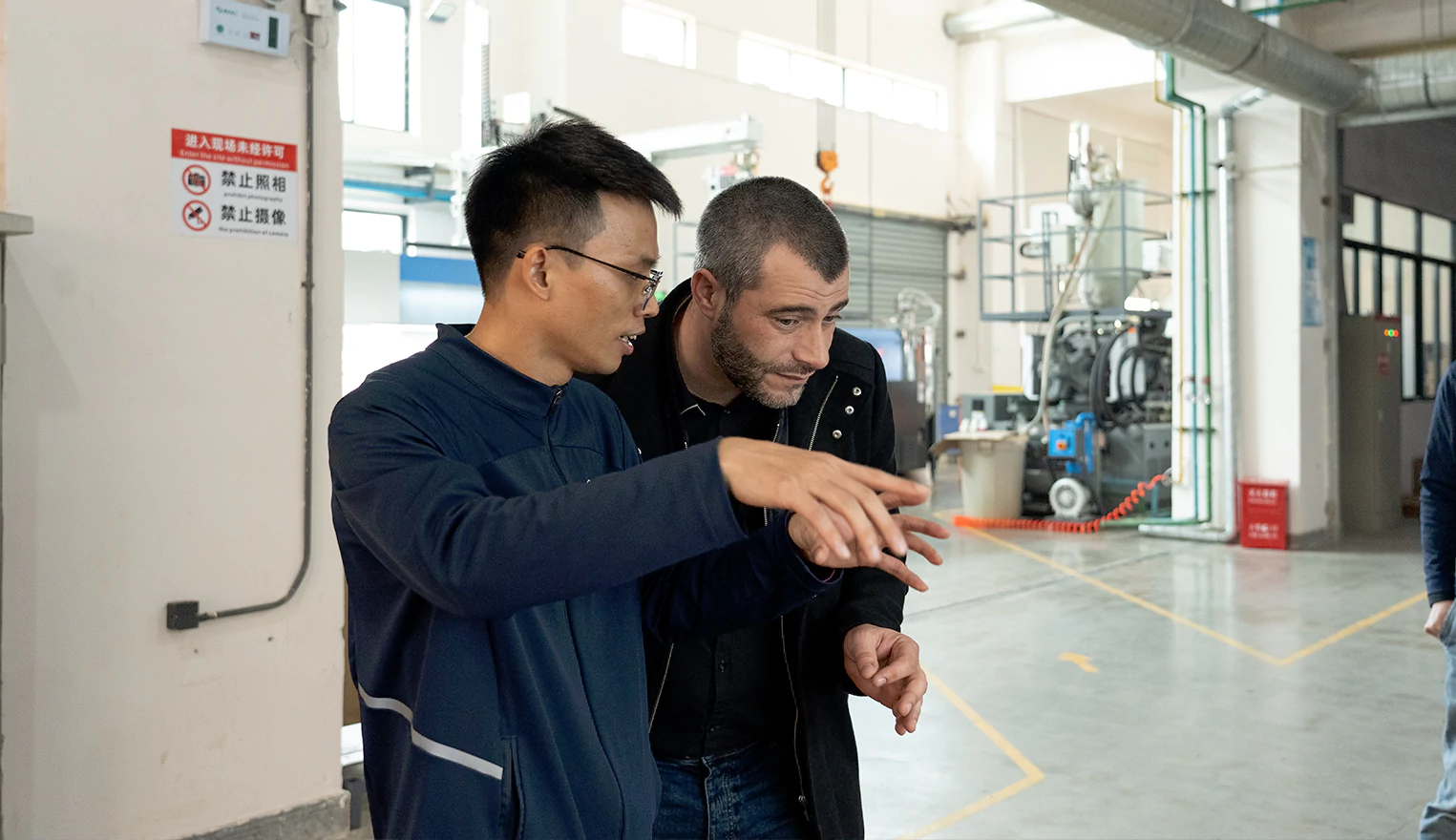
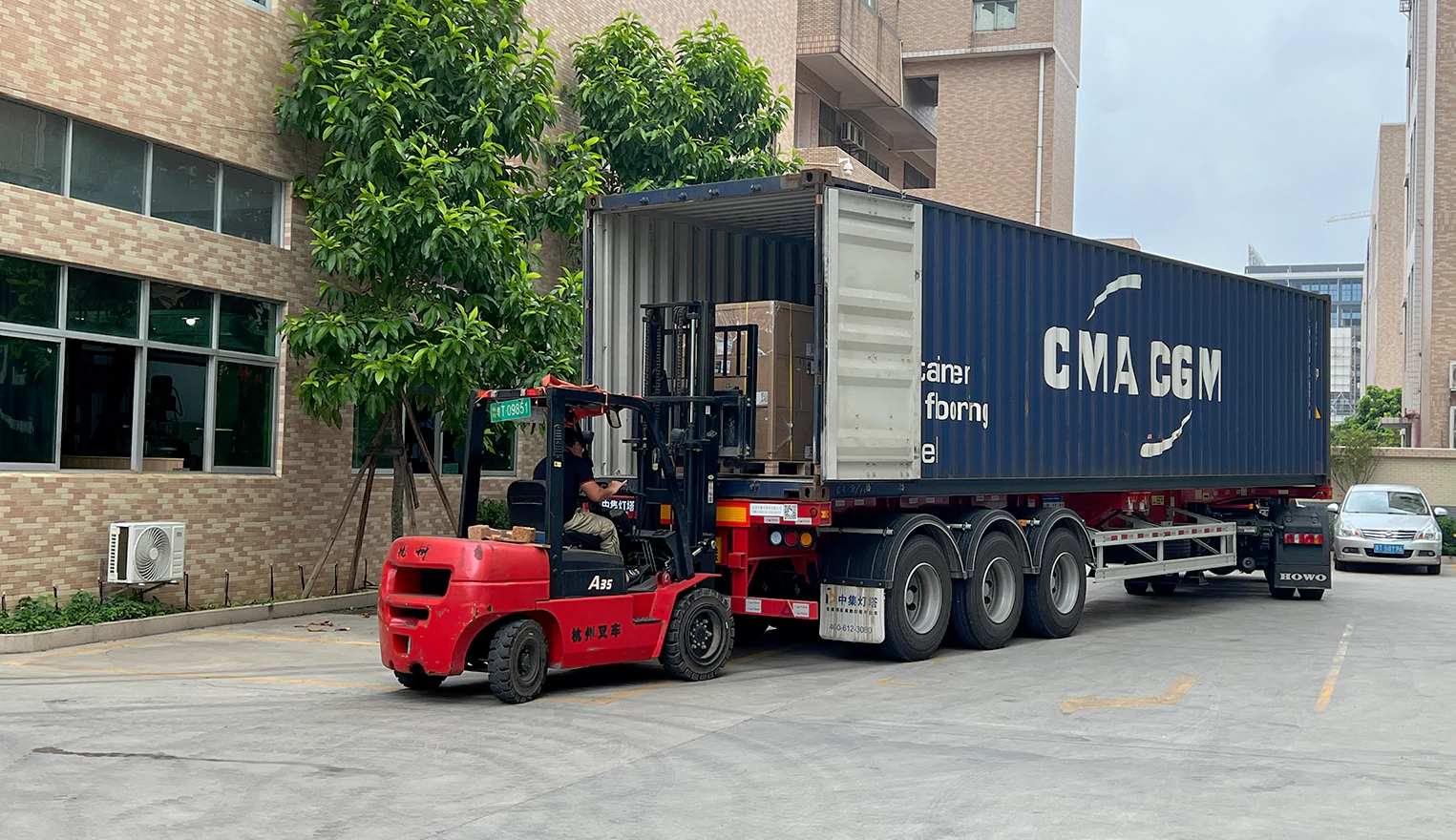
Reliable
Delivery
In our die casting service, punctuality meets precision. We’re committed to delivering top-quality products efficiently, ensuring every order reaches our clients on time, every time.
Competitive
Pricing
Delivering top-tier die casting excellence without the premium price. Our optimized processes ensure clients receive unmatched value, blending quality with cost-effectiveness.

Custom Processing Workflow For Metal Alloy Die Casting Products
Experience a seamless and innovative die casting workflow, tailored to deliver unparalleled precision and quality in every product
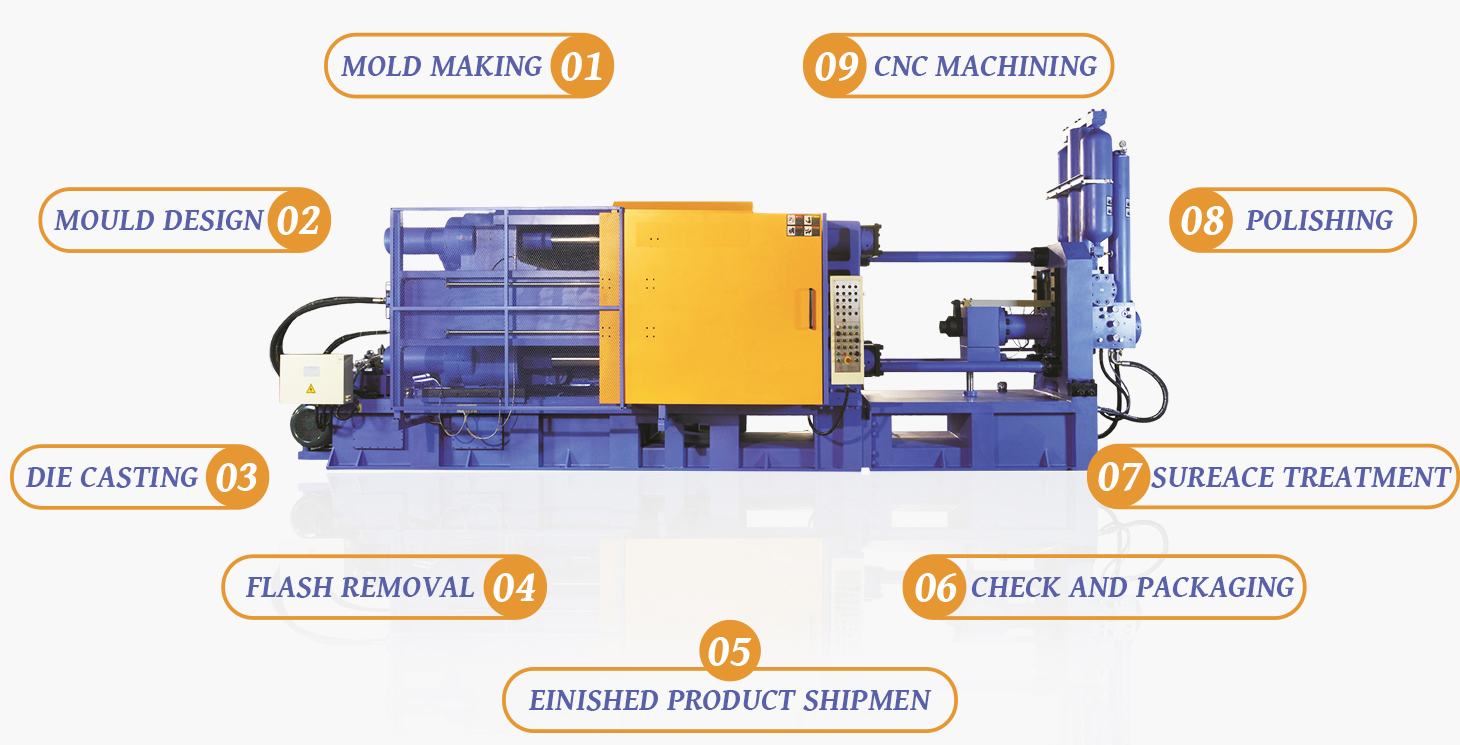
Materials Used For Die Casting
MOST DIE CASTINGS ARE MADE UP OF NON-FERROUS METALS. THERE ARE FOUR MOST COMMON MATERIALS USED FOR DIE CASTING, INCLUDING:
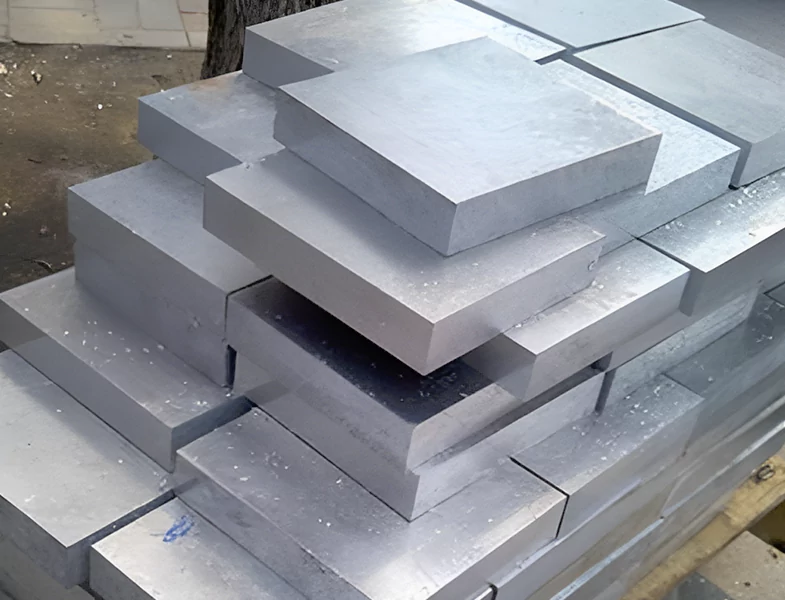
Aluminum Alloys
1. Lightweight & Strong: Aluminum die casting delivers robust components without added weight.
2. Corrosion Resistance: Aluminum die-cast parts naturally withstand corrosion, ensuring longevity.
3. Malleability: Aluminum's adaptability allows for intricate die-cast designs.
4. Cost-Effective: Aluminum's abundance makes die casting more affordable.
5. Thermal Conductivity: Aluminum die casting excels in heat dissipation, ideal for heat-sensitive components.
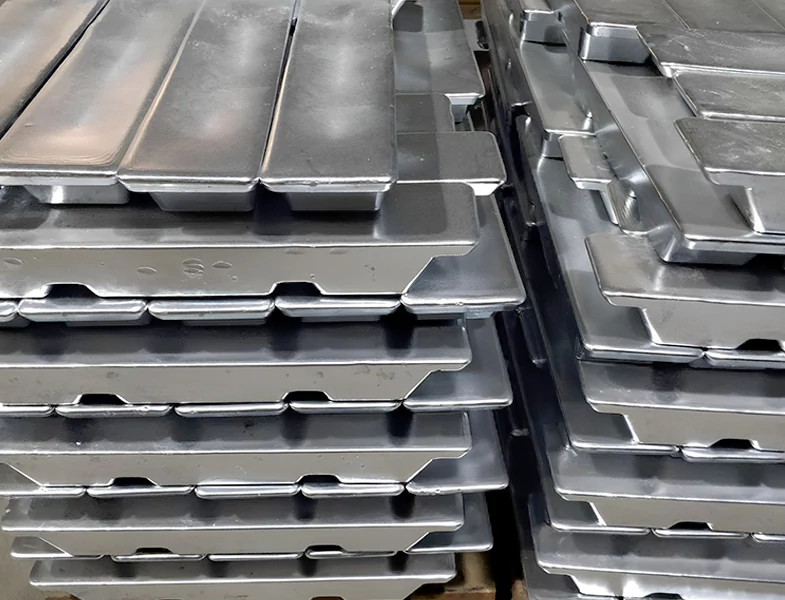
Zinc Alloys
1. Precision & Detail: Zinc alloy die casting allows for high-precision components with intricate details.
2. High Strength: Zinc die-cast parts offer exceptional durability and resistance to wear.
3. Ease of Casting: Zinc's fluidity makes it ideal for die casting, ensuring smooth and defect-free components.
4. Extended Lifespan: Zinc alloy die-cast parts are resistant to environmental impacts, ensuring a longer product life.
5. Cost-Effective Finishing: Zinc die casting achieves a smooth finish, reducing post-processing costs.
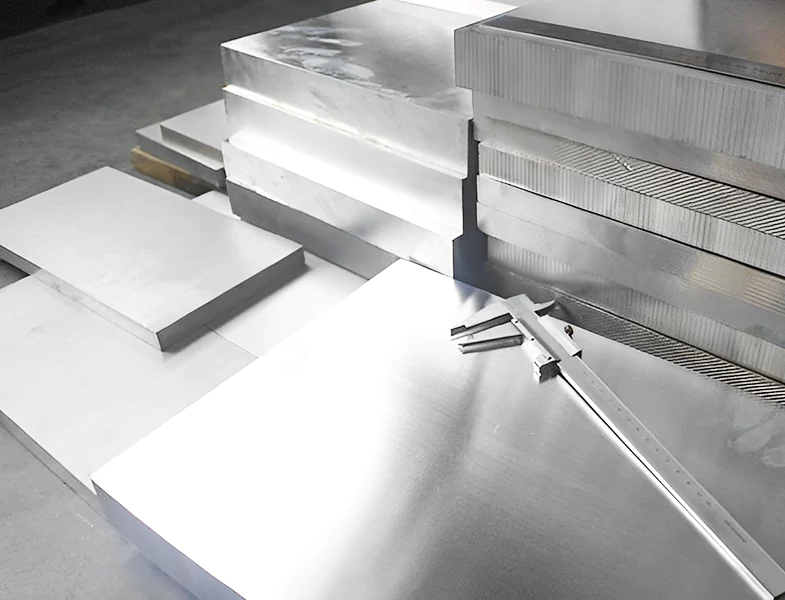
Magnesium Alloys
1. Ultra-Lightweight: Magnesium alloy die casting produces the lightest metal components, ideal for weight-sensitive applications.
2. High Strength-to-Weight Ratio: Despite its lightness, magnesium die-cast parts maintain impressive strength, ensuring durability.
3. Excellent Damping Capacity: Magnesium alloys absorb vibrations, making die-cast parts ideal for noise and vibration reduction.
4. Rapid Production: Magnesium's properties allow for faster die casting cycles, leading to quicker production times.
5. Eco-Friendly: Magnesium die casting is recyclable and requires less energy in production, supporting sustainable manufacturing.
Ready for Flawless Die Casting?
Take the next step with us. Ensure precision and quality for your project. Get started with a quote today.
Prototyping
Mass Production
Custom Die Casting
Post-Casting Services
Die Casting FAQs
Unlocking the Mysteries of Die Casting: Your go-to guide for understanding the intricacies and advantages of precision metal casting.
What is the precision die casting process?
Precision die casting is a specialized method where molten metal, under high pressure, is injected into steel molds or dies. This technique ensures that each cast component has intricate details, uniformity, and a high degree of dimensional accuracy, making it a preferred choice for industries requiring precision components.
How do die casting machines ensure consistent metal parts production?
Modern die casting machines are equipped with advanced technology and automation features. They maintain consistent pressure and temperature, ensuring that each molten metal injection results in uniform and high-quality cast components. This consistency is vital for industries that prioritize component reliability.
How does aluminum die casting differ from sand casting?
While both are casting methods, aluminum die casting uses high-pressure techniques to produce parts with intricate designs and tight tolerances. In contrast, sand casting involves pouring molten metal into sand molds, which is more suited for larger parts but might lack the precision and finish of die-cast components.
Die casting vs. plastic injection molding: Which offers more durability?
Die casting, especially when using robust metals like zinc, magnesium, or aluminum, results in parts that are significantly stronger, more heat-resistant, and durable compared to plastic molded components. This durability is essential for components used in high-stress environments.
Why is aluminum alloy favored in the die casting industry?
Aluminum alloy is a versatile material that blends lightweight properties with strength. Its natural resistance to corrosion, excellent thermal conductivity, and adaptability make it a top choice for various die casting applications, from automotive parts to electronic housings.
Are there limitations to the die casting technique?
While die casting excels in producing detailed and uniform metal parts, it might have higher initial setup costs for molds and might not be as cost-effective for very small production runs. However, for medium to large batches, it offers unparalleled speed and precision.
How do die casting alloys like zinc and magnesium influence product quality?
Each alloy brings unique properties. For instance, zinc offers excellent strength and a smooth finish, while magnesium, being the lightest metal, is perfect for applications where weight is a concern. The choice of alloy can significantly influence the final component’s durability, appearance, and functionality.
Which sectors frequently employ the metal casting process?
The versatility of die casting means it’s favored across various sectors. The automotive industry uses it for engine components, the electronics sector for casings and connectors, aerospace for lightweight yet strong parts, and home appliances for durable and aesthetic components.
What should I look for in a die casting service provider?
A reputable die casting provider should have a track record of delivering high-quality components, utilize advanced machinery, have a robust quality control process, and offer design and post-processing services to ensure the final product meets your specifications.
Besides aluminum, what other materials are popular in precision casting?
Other popular materials include zinc, known for its smooth finish and durability; magnesium, prized for its lightweight properties; and copper-based alloys, which offer excellent electrical conductivity and resistance to corrosion.
Why choose die casting over other metal forming processes?
Die casting stands out in the metalworking industry due to its ability to produce complex shapes with high levels of accuracy and repeatability. The process utilizes high-pressure techniques to force molten metal into steel molds, ensuring precision and consistency. This makes die casting ideal for mass production of intricate parts, offering advantages like rapid production rates, reduced post-casting machining, and superior surface finishes.
How do aluminum, zinc, and magnesium alloys differ in die casting applications?
In the realm of die casting, each metal alloy brings unique properties. Aluminum alloys are favored for their lightweight nature and corrosion resistance, making them suitable for automotive and aerospace applications. Zinc alloys, known for their ability to capture intricate details, are often used in precision components like gears or locks. Magnesium alloys, being the lightest among common die casting metals, offer excellent strength-to-weight ratios, making them sought after in electronic and automotive industries for weight reduction purposes.
